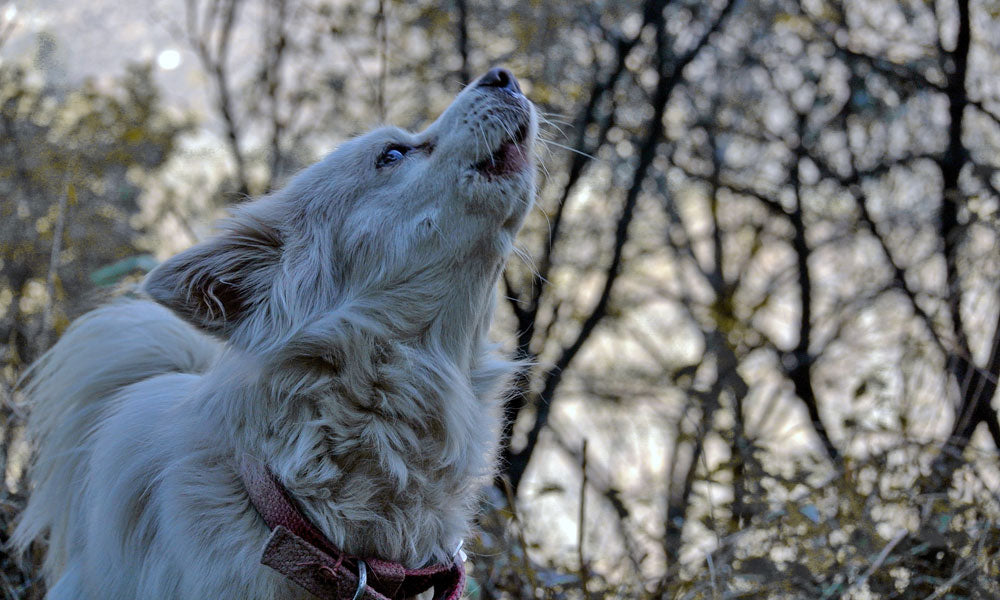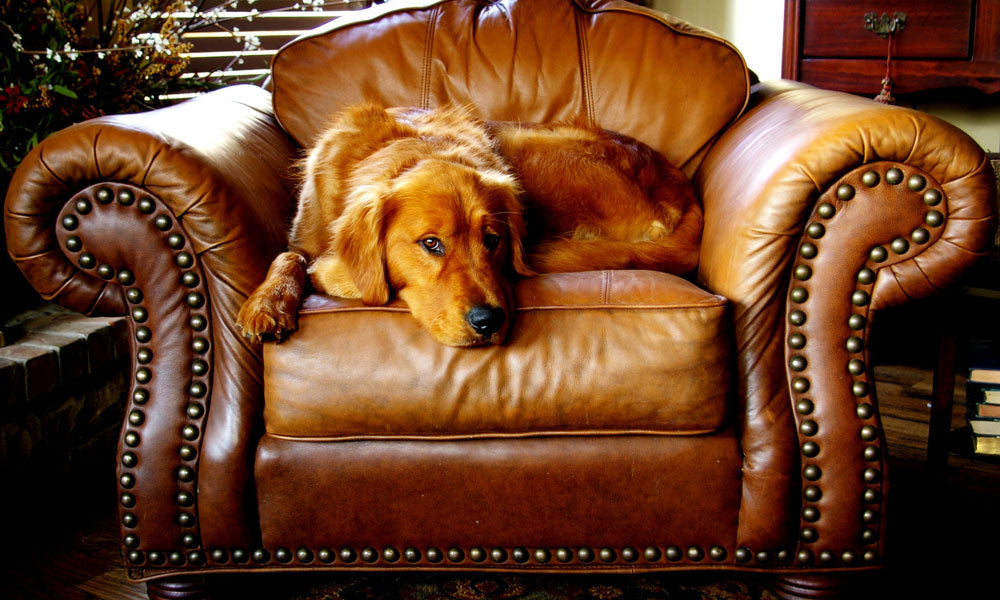
7 tips to stop your dog from howling when you leave the house
I've had my dog for almost three years now. He was a lockdown puppy which means he spent a lot of time with us in his first year. I take him to work with me and we take him on holiday and he is left home alone maybe one or two days a week. Sometimes if I leave him in the car for a moment I can hear him howling and I didn't like to think about what he gets up to when I'm not at home. My next door neighbours have 4 dogs that bark all the time whether they are there or not and they howl when they go out but I have never mentioned this to them as I'm not sure what my dog is doing himself when I am not there.
 Whippet photo by Sergio Souza on Pexels
Whippet photo by Sergio Souza on Pexels
However, despite having my suspicions, I was still mortified when my neighbour from a few doors down stopped me the other morning to say "do you know that your dog howls all day long when you're not there? I could hear him from my patio." I do my very best not to upset my neighbours (although this consideration is not always returned) and I would hate to think of him disrupting someone's day in the way that my neighbour's dogs can sometimes disrupt mine, but above all this I thought this must be really, really distressing for my dog. When he is with me literally sleeps all day long, so when left alone he must be awake and anxious and confused. Often when we come home he is very pleased to see us but then goes straight upstairs to bed and I realise now that this must be because he is utterly exhausted.
 Howling dog photo by Divyan Rajveer Rana on Unsplash
Howling dog photo by Divyan Rajveer Rana on Unsplash
So what can I do to stop him from howling? I decided to make it the subject of this week's blog post so that I can research it for myself and write about it. I will be trying some (if not all) of these tips and I will let you know how I get on!
 Beagle photo by Dina Nasyrova on Pexels
Beagle photo by Dina Nasyrova on Pexels
7 tips to stop your dog from howling
1. Exercise and Mental StimulationA tired dog is a content dog. Before leaving the house, make sure your canine companion gets plenty of exercise to burn off excess energy. Engage in activities such as walking, running, or playing fetch, as physical exercise helps reduce anxiety and restlessness. Additionally, mental stimulation through puzzle toys, treat-dispensing gadgets, such as a Kong or a Lickimat can relax your dog's mind, preventing boredom or anxiety that may lead to howling.
2. Gradual Departures and Arrivals
Dogs often associate your departure or arrival with emotional ups and downs, leading to anxiety and howling. To counter this, desensitise your dog to these cues. Practice gradual departures by initially leaving for just a few minutes, then gradually increasing the duration. Similarly, when you return, refrain from lavishing immediate attention; instead, wait until your dog is calm and composed. This helps your pet understand that your absence is temporary and that you will always come back.
3. Provide a Safe Space
Creating a safe and comfortable area for your dog can alleviate anxiety and reduce howling. Designate a specific spot, such as a crate or a cosy corner, where your dog can retreat to when feeling stressed or lonely. Fill this space with familiar scents, soft bedding, and interactive toys. A safe haven offers security and a sense of belonging, minimising the urge to howl out of fear or separation anxiety.
4. Counterconditioning
Counterconditioning is a technique that helps change your dog's emotional response to specific triggers, such as your departure. Associate these triggers with positive experiences to replace negative associations. For example, before leaving, provide your dog with a special treat or engage in a fun game. Gradually, your pet will start associating your departure with something pleasant, reducing anxiety and the likelihood of howling.
5. Calming Music or White Noise
Music therapy has shown positive effects on dogs' behaviour by reducing stress and anxiety. Leaving calming music or white noise on when you're away can help create a soothing environment for your dog. Choose classical, reggae, or specially composed dog relaxation music. The continuous sound masks external noises and creates a familiar ambiance, making your dog feel more secure and less inclined to howl.
6. Behaviour Modification Training
Enrolling your dog in behaviour modification training can address underlying issues contributing to excessive howling. Consult a professional dog trainer or animal behaviourist who can identify the root cause of the howling and devise a personalised training plan. The trainer may implement techniques such as desensitisation, positive reinforcement, or reward-based training to modify your dog's behaviour and reduce howling.
7. Seek Veterinary Assistance
If your dog's howling persists despite your efforts, it's essential to consult a vet. Excessive vocalisation can be a symptom of underlying medical conditions or pain. A thorough examination can rule out any health issues and provide guidance on additional steps to manage the howling effectively. Your vet may recommend medications, supplements, or refer you to a veterinary behaviourist for treatment.
 Retriever photo by Steph Munden on Pexels
Retriever photo by Steph Munden on Pexels
I had a lot of fun researching this article and found some pretty useful information there. The first things I'm going to try are using a Kong and a Lickimat to distract him and maybe some gentle reggae music to soothe his nerves. I'll have to ask my neighbour to monitor progress and see how we get on. If you've got any tips for reducing your dog's anxiety or gently preventing them from howling when you're not home, we'd love to hear about them, comment below and let us know!
Main photo: Staffy by by Stiv Xyz on Pexels
